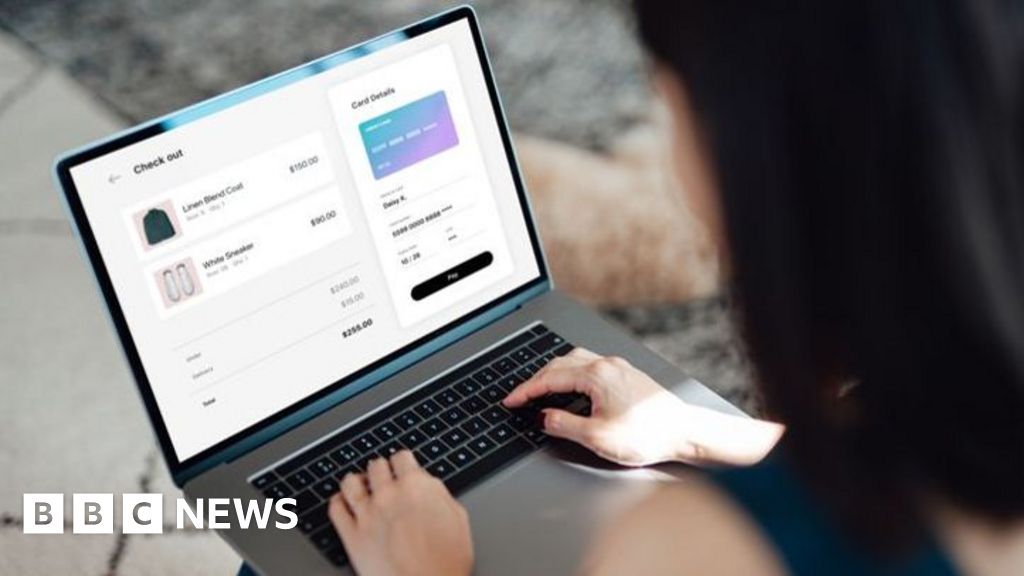
Microsoft's New AI Feature, Recall, Under Investigation by UK Data Protection Authority
Microsoft's latest AI feature, Recall, which takes screenshots of a user's active screen every few seconds and saves them locally for later retrieval, is under investigation by the UK Information Commissioner's Office (ICO) over privacy concerns.
The ICO is an independent public authority that reports to the Parliament of the United Kingdom and is tasked with promoting and upholding data privacy rights for individuals. The organization has stated that it expects organizations to be transparent with users about how their data is being used and only process personal data to the extent necessary.
Recall, which is exclusive to Microsoft's Copilot+ PCs, has raised concerns among privacy campaigners who argue that the feature could potentially be a 'privacy nightmare.' The ICO has contacted Microsoft for more information on the product's safety and privacy concerns.
Microsoft states that Recall snapshots are kept on users' local hard disks and protected using data encryption. However, sensitive information like passwords and financial account numbers will not be hidden in the stored screenshots. The company also notes that Recall does not share screenshots with other users or applications.
The controversy surrounding Recall comes as Microsoft faces increasing scrutiny over its handling of user data and privacy. In 2023, the US government scolded Microsoft for lax security practices after it was revealed that a vulnerability in Microsoft Edge allowed hackers to steal users' browsing history.
Recent statistics from Statcounter show that Microsoft Edge is the only browser that allows users to filter out websites from being captured by Windows Recall. Chromium-based browsers, such as Mozilla and Vivaldi, do not have this feature.
Microsoft plans to expand Recall's functionality to allow users to pull up anything that happened recently on their Copilot+ PC and interact with or use it. However, concerns over privacy and security remain.



